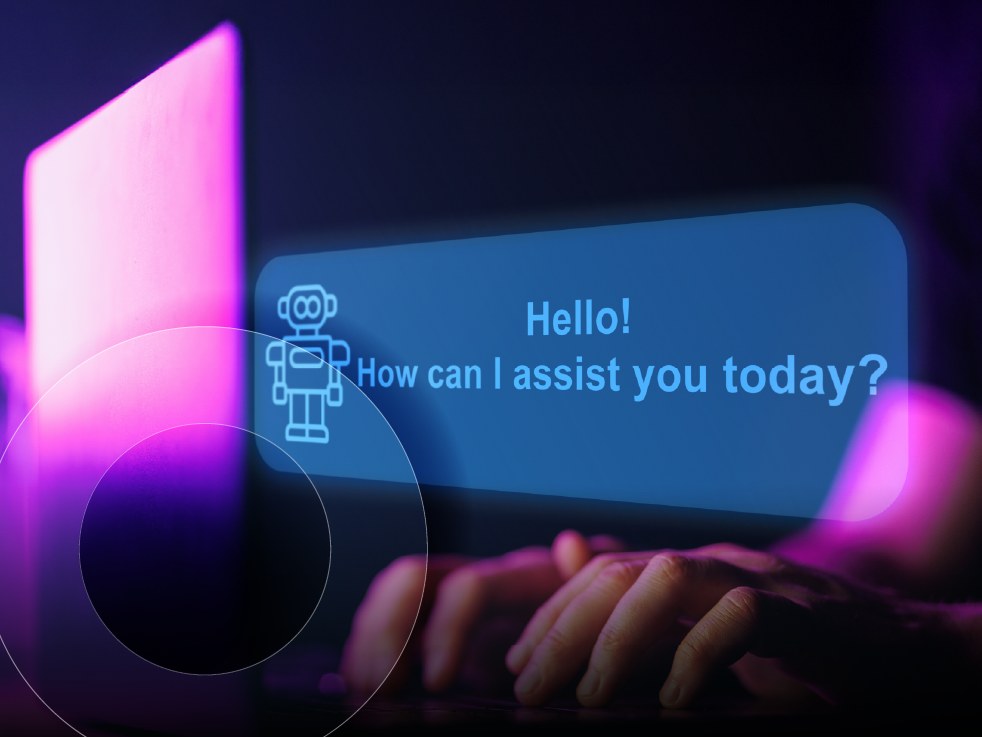Innovation Heroes: A CIO explains how to build a smart city:
How Cary, NC is pioneering municipal innovation

Municipal CIOs are rarely the first to come to mind when we think of technological innovation. Typically, we envision high-profile tech companies and corporate leaders steering the future of digital transformation. In the latest episode of Innovation Heroes, however, we’re reminded that some of the most impactful advancements are happening at the city level, thanks to forward-thinking leaders like Dan Ault, Assistant Town Manager and Chief Innovation Officer (CIO) for Cary, North Carolina.
Ault, who joined host Ed McNamara and SHI’s Senior Vice President of Public Sector Denise Collison, emphasized the critical role of municipal CIOs in driving innovation.
“I saw [this role] as an opportunity to continue to learn and continue to push change,” says Ault. “Because if it can be done here, I feel like it can be done elsewhere.”
Cary, situated in the tech-forward Research Triangle, provides a perfect example of how municipalities can balance tradition with cutting-edge solutions to improve services and enhance citizen engagement.
Balancing legacy systems with new innovation
As Ault discussed the evolution of the municipal CIO role, he made it clear that digital transformation in local government presents unique challenges compared to the private sector.
From managing tight budgets to ensuring collaboration across siloed departments, Ault discusses how municipal IT departments face a myriad of challenges. He stressed that cities often lag behind private corporations in adopting new technologies, but the expectations from citizens are now at an all-time high.
“The pressure is to keep legacy systems going because there maybe hasn’t been innovation, and every space that’s necessary to develop the infrastructure that is going to be necessary to operate a high-tech society in the information age isn’t quite there,” says Ault. “So, you have to maintain and provide services every day while, at the same time, try to find ways to introduce new technologies.”
Ault highlighted Cary’s success in managing these dual priorities by implementing smart city initiatives, including sensors for stormwater management and an advanced traffic control system. The traffic control system, which predates the term “smart city,” is one of Cary’s most advanced and forward-thinking infrastructures, demonstrating how Cary is not just thinking locally but regionally as well.
The 311 system: transforming citizen engagement
One of Cary’s most significant accomplishments under Ault’s leadership has been the creation of a 311 system—an initiative launched just before the COVID-19 pandemic.
The system allows residents to easily report non-emergency issues and engage directly with city services. According to Ault, this initiative has revolutionized the way Cary interacts with its residents, providing greater transparency and responsiveness.
“Citizen engagement is crucial for municipal governments,” says Ault. “It’s about demonstrating how decisions are made and showing the value of taxpayer dollars in real time.”
Cary’s 311 system is set to evolve further. Plans include integrating mobile capabilities and more advanced data-driven insights that will enhance the city’s operations and relationship with residents.
Overcoming challenges and looking to the future
Municipal CIOs must also navigate a landscape full of budget constraints and public scrutiny, which can make innovation difficult. Ault admitted that prioritization is a key challenge, which is why his approach to innovation is grounded in realistic expectations and collaboration.
Collison added her perspective on the challenges CIOs face, particularly in public procurement.
“There’s always uniqueness to public sector, but again, foundationally, what they’re trying to do is the same,” says Collison. “They’re trying to protect our data. They’re trying to protect our security, their constituents, you and I, with taxpayer money, and I think there’s this elevated sense of responsibility around that.”
Collison notes that municipalities often don’t have control over these changes but still need to adapt quickly. That’s why it’s crucial for public sector leaders to stay ahead of these challenges and seek guidance to ease the burden.
The role of the municipal CIO is more critical than ever. Leaders like Dan Ault are showing that with the right mix of vision, collaboration, and technological savvy, cities can not only meet the challenges of the digital age but thrive in them. Listen to the full conversation here. You can also find episodes on SHI’s Resource Hub, Spotify, and other major podcast platforms, and on YouTube in video format.
Video + audio
Audio only




